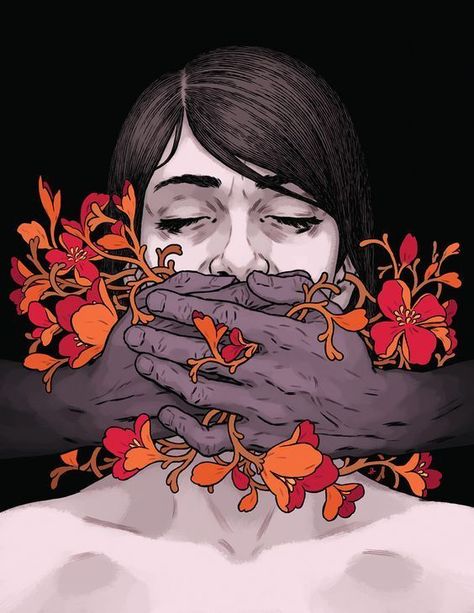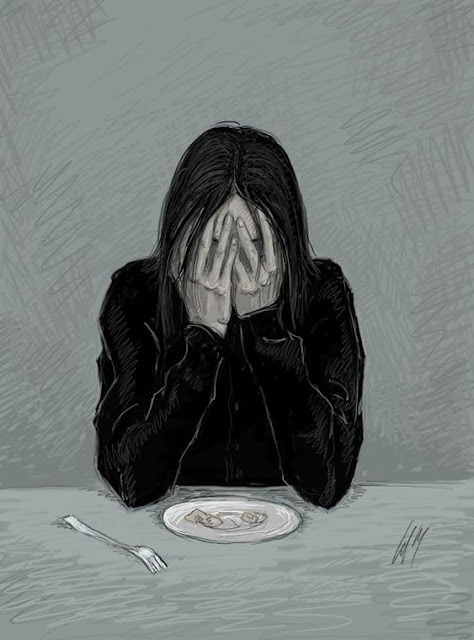Entering into a toxic relationship can be a challenging and emotionally draining experience. Whether it's a romantic partnership, friendship, or even a familial bond, toxic relationships can wreak havoc on your mental, emotional, and sometimes even physical well-being. However, it's essential to remember that you have the power to break free from this cycle and rebuild a healthier and happier life. In this article, we will explore practical steps to take when you find yourself in a toxic relationship, helping you navigate the difficult journey of self-discovery and healing.
Recognizing the signs of a toxic relationship is crucial for your emotional well-being and personal growth. Being aware of these red flags empowers you to take control of your life and make informed decisions about your relationships. In this article, we will explore the key indicators that can help you identify a toxic relationship. By understanding these signs, you can protect yourself from emotional harm and work towards building healthier connections.
- Lack of Respect and Emotional Manipulation:
One of the primary signs of a toxic relationship is a lack of respect from your partner or friend. They may consistently dismiss your feelings, belittle your accomplishments, or make derogatory comments. Additionally, emotional manipulation is prevalent in toxic dynamics. Manipulative individuals use guilt, shame, or threats to control and undermine your self-esteem.
- Constant Criticism and Negative Energy:
In a toxic relationship, criticism becomes the norm rather than constructive feedback. Your partner or friend may constantly find faults in your actions, appearance, or choices. They might even use demeaning language or humiliate you in front of others. Toxic relationships are often characterized by a negative energy that leaves you feeling drained, devalued, and constantly on edge.
- Lack of Trust and Betrayal:
Trust is the foundation of any healthy relationship. In toxic dynamics, trust is frequently broken. Your partner or friend may lie, deceive, or manipulate you. They might share personal information about you without consent or engage in behaviors that betray your trust. This consistent lack of trust erodes the emotional connection and creates a toxic environment.
- Control and Power Imbalances:
Toxic relationships often exhibit power imbalances and controlling behaviors. Your partner or friend may attempt to control your actions, decisions, or even isolate you from loved ones. They may exert dominance, make unilateral decisions, or use threats to manipulate your compliance. Feeling trapped or without agency in the relationship is a clear indicator of toxicity.
- Unhealthy Communication and Lack of Empathy:
Effective communication is essential for healthy relationships. In toxic dynamics, communication is frequently marked by aggression, defensiveness, or stonewalling. Your partner or friend may dismiss your feelings, refuse to listen, or refuse to take responsibility for their actions. Moreover, they may lack empathy and disregard your emotional needs or struggles.
- Frequent Emotional and Physical Exhaustion:
Toxic relationships can drain your emotional and physical energy. Constant arguments, drama, and turmoil take a toll on your well-being. You may feel chronically stressed, anxious, or depressed. Physical symptoms such as headaches, loss of appetite, or difficulty sleeping may also manifest due to the toxic environment.
- Isolation and Disconnection from Loved Ones:
Toxic individuals often seek to isolate you from your support network. They may discourage or prevent you from spending time with friends and family. This isolation leaves you feeling lonely, dependent on the toxic person, and further entangled in the toxic relationship.
Identifying the signs of a toxic relationship is the first step towards reclaiming your emotional well-being and pursuing healthier connections. By recognizing indicators such as lack of respect, emotional manipulation, constant criticism, control, and isolation, you can break free from toxic dynamics and foster positive relationships. Remember, prioritizing your mental and emotional health is essential, and removing yourself from toxic relationships is a courageous act of self-care and self-love.





